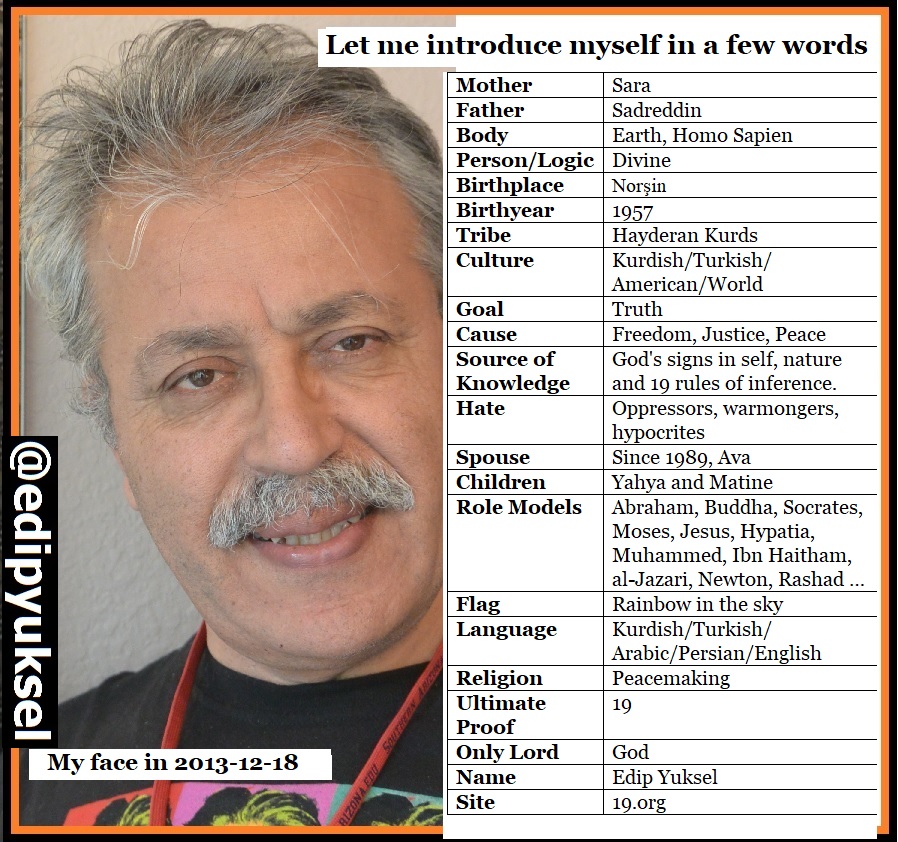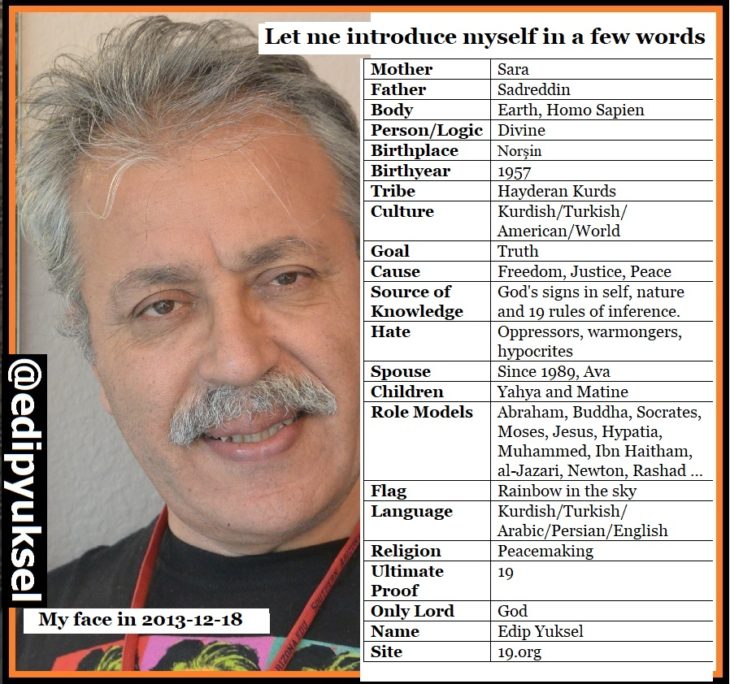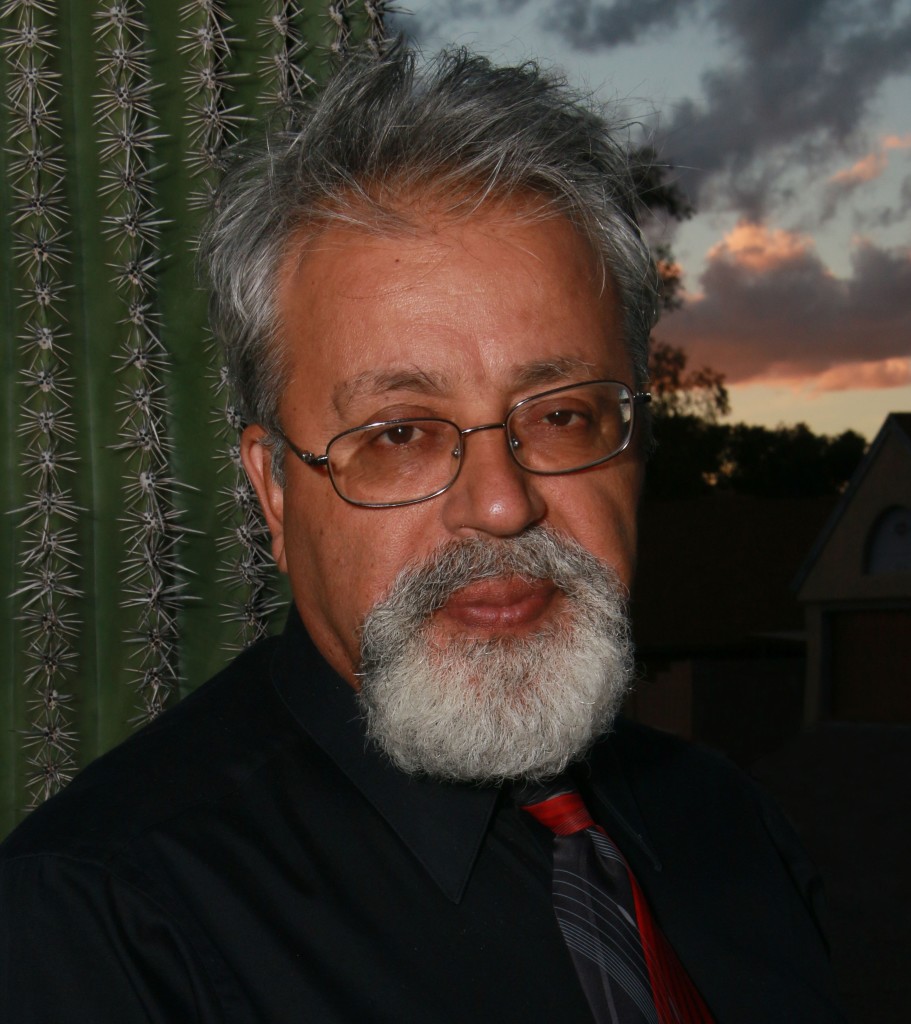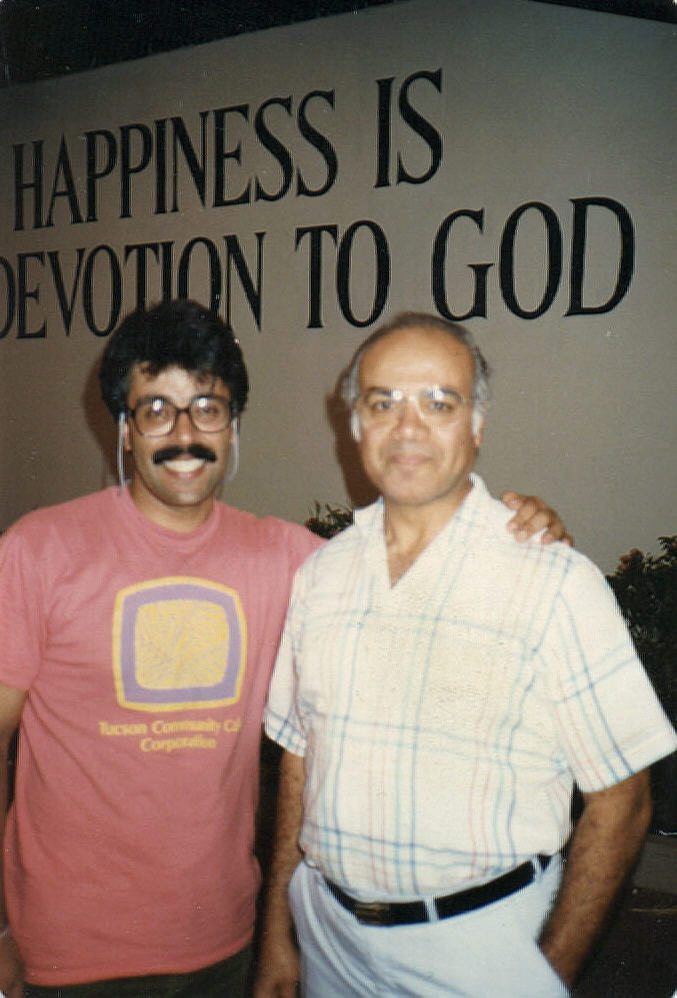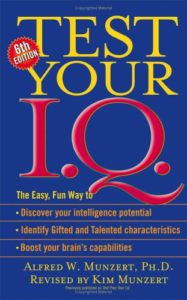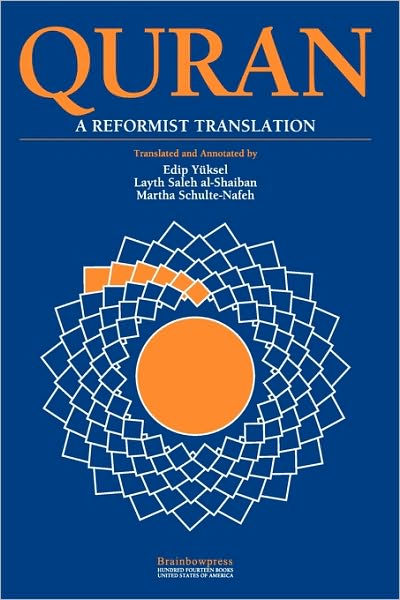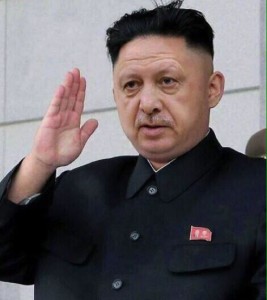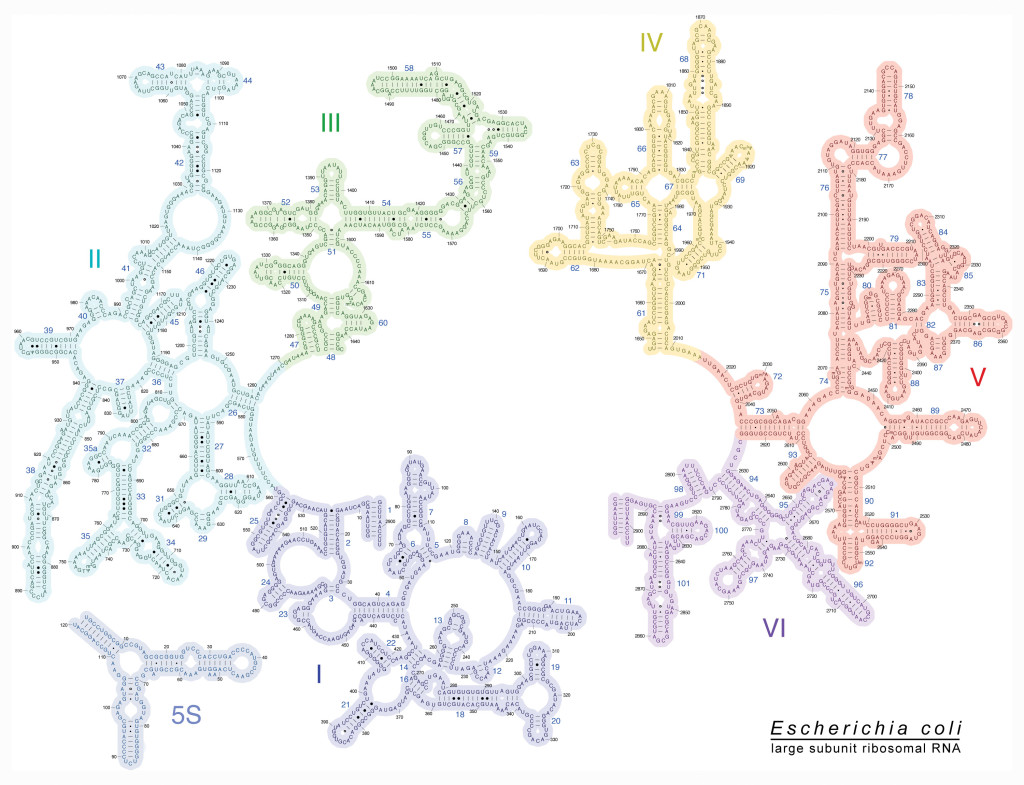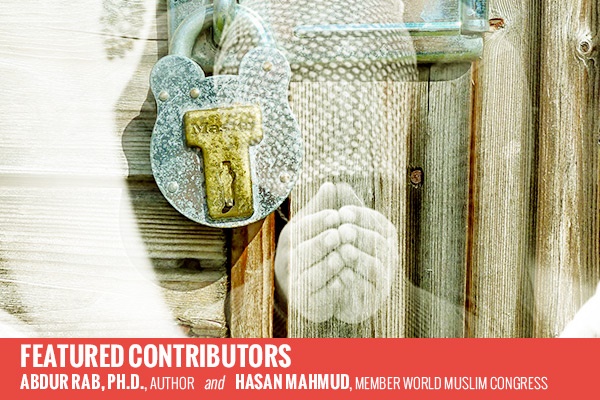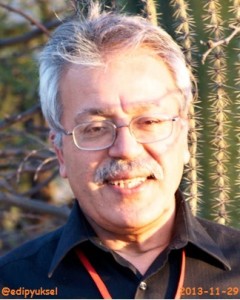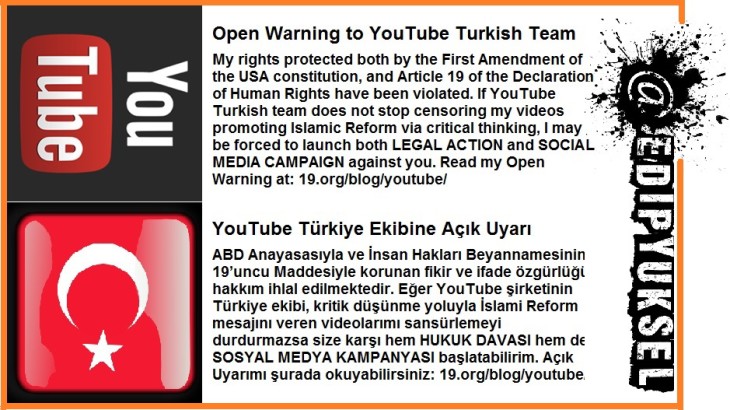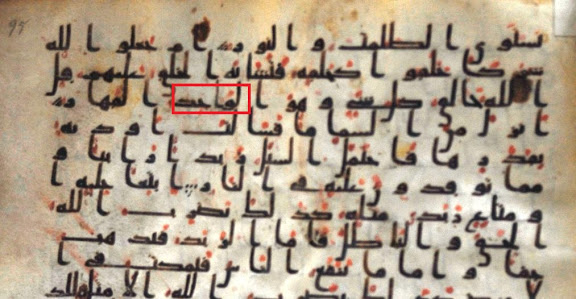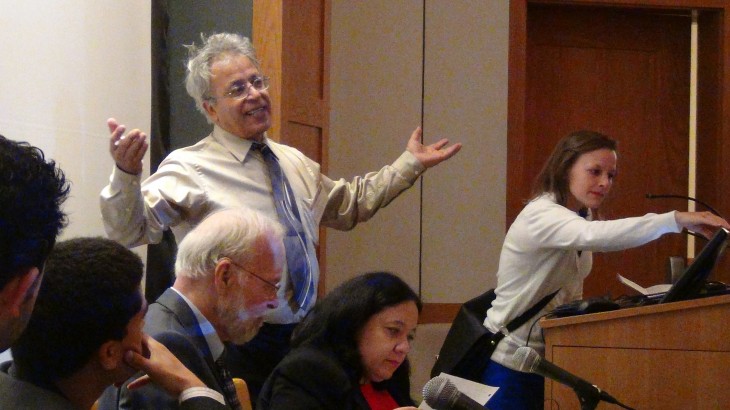The Sunni and Shiite translations of the Quran is filled with distortions.
They follow volumes of hadith and sectarian fabrications and distort the meaning of the verses according to those lies.
Compare other translations of the Quran with Quran: a Reformist Translation by Edip Yuksel, et al.
New Light on the Story of
BANU QURAYZA
And the Jews of Medina
By W. N. ARAFAT From Journal of the Royal Asiatic Society of Great Britain and Ireland,(1976), pp. 100-107.

The story about Banu Qurayza massacre was the fabrication of Jews, which was later promoted by the likes of ISIS psychopaths among Sunnis.
IT IS WELL KNOWN THAT at the advent of Islam there were three Jewish tribes who lived in Yathrib (later Medina), as well as other Jewish settlements further to the north, the most important of which were Khaybar and Fadak. It is also generally accepted that at first the Prophet Muhammad hoped that the Jews of Yathrib, as followers of a divine religion, would show understanding of the new monotheistic religion, Islam. However, as soon as these tribes realized that Islam was being firmly established and gaining power, they adopted an actively hostile attitude, and the final result of the struggle was the disappearance of these Jewish communities from Arabia proper.
The biographers of the Prophet, followed by later historians, tell us that Banu Qaynuqa.,1 and later Banu al-Nadir,2 provoked the Muslims, were besieged, and in turn agreed to surrender and were allowed to depart, taking with them all their transportable possessions. Later on Khaybar3 and Fadak4 were evacuated. According to Ibn Ishaq in the Sira,5 the third of the Jewish tribes, Banu Qurayza, sided with the Qurashites and their allies, who made an unsuccessful attack on Medina in an attempt to destroy Islam. This, the most serious challenge to Islam, failed, and the Banu Qurayza were in turn besieged by the Prophet. Like Banu al-Nadir, in time they surrendered, but unlike the Banu al-Nadir, they were subjected to the arbitration of Sa’d b. Mu’adh, a member of the Aws tribe, allies of Qurayza. He ruled that the grown-up males should be put to death and the women and children subjected to slavery. Consequentiy, trenches were dug in the market-place in Medina, and the men of Qurayza were brought out in groups and their necks were struck.6 Estimates of those killed vary from 400 to 900.
On examination, details of the story can he challenged. It can be demonstrated that the assertion that 600 or 800 or 9007 men of Banu Qurayza were put to death in cold blood can not be true; that it is a later invention; and that it has its source in Jewish traditions. Indeed the source of the details in earlier Jewish history can be pointed out with surprising accuracy.
The Arabic sources will now be surveyed, and the contribution of their Jewish informants will be discussed. The credibility of the details will then be assessed, and the prototype in earlier Jewish history pin-pointed.
The earliest work that we have, with the widest range of details, is Ibn Ishaq’s Sira, his biography of the Prophet. It is also the longest and the most widely quoted. Later historians draw, and in most cases depend on him.8 But Ibn Ishaq died in 151 A.H., i.e. 145 years after the event in question. Later historians simply take his version of the story, omitting more or less of the detail, and overlooking his uncertain list of authorities. They generally abbreviate the story, which appears just as one more event to report. In most cases their interest seems to end there. Some of them indicate that they are not really convinced, but they are not prepared to take further trouble. One authority, Ibn Hajar, however, denounces this story and the other related ones as “odd tales”.9 A contemporary of Ibn Ishaq, Malik,10 the jurist, denounces Ibn Ishaq outright as “a liar”11 and “an impostor”12 just for transmitting such stories.
It must be remembered that historians and authors of the Prophet’s biography did not apply the strict rules of the “traditionists”. They did not always provide a chain of authorities, each of whom had to be verified as trustworthy and as certain or likely to have transmitted his report directly from his informant, and so on. The attitude towards biographical details and towards the early events of Islam was far less meticulous than their attitude to the Prophet’s traditions, or indeed to any material relevant to jurisprudence. Indeed Ibn Ishaq’s account of the siege of Medina and the fall of the Banu Qurayza is pieced together by him from information given by a variety of persons he names, including Muslim descendants of the Jews of Qurayza.
Against these late and uncertain sources must be placed the only contemporary and entirely authentic source, the Qur’an. There, the reference in Sura XXXIII, 26 is very brief:
“He caused those of the People of the Book who helped them (i.e. the Quraysh) to come out of their forts. Some you killed, some you took prisoner.” There is no reference to numbers.
Ibn Ishaq sets out his direct sources as he opens the relevant chapter on the siege of Medina. These were: a client of the family of al-Zubayr and others whom he “did not suspect”. They told parts of the story on the authority of ‘Abdullah b. Ka’b b. Malik, al Zuhri, ‘Asim b. ‘Umar b. Qatada, ‘Abdullab b. Abi Bakr, Muhammad b. Ka’b of Qurayza, and “others among our men of learning”, as he put it. Each of these contributed to the story, so that Ibn Ishaq’s version is the sum total of the collective reports, pieced together. At a later stage Ibn Ishaq quotes another descendant of Qurayza, ‘Attiyya13 by name, who had been spared, and, directly, a certain descendant of al-Zabir b. Bata, a prominent member of the tribe of Qurayza who figures in the narrative.
The story opens with a description of the effort of named Jewish leaders to organize against the Muslims an alliance of the hostile forces. The leaders named included three from the Banu al-Nadir and two of the tribe of Wa’il, another Jewish tribe; together with other Jewish fellow-tribesmen unnamed. Having persuaded the neighbouring Bedouin tribes of Ghatafan, Murra, Fazara, Sulaym, and Ashja’ to take up arms, they now proceeded to Mecca where they succeeded in persuading the Quraysh. Having gathered together a besieging force, one of the Nadir leaders, Huyayy b. Akhtab, in effect forced himself on the third Jewish tribe still in Medina, the Banu Qurayza, and, against the better judgement of their leader, Ka’b b. Asad, he persuaded them to break faith with the Prophet in the hope, presented as a certainty, that the Muslims would not stand up to the combined attacking forces and that Qurayza and the other Jews would be restored to independent supremacy. The siege of Medina failed and the Jewish tribes suffered for their part in the whole operation.
The attitude of scholars and historians to Ibn lshaq’s version of the story has been either one of complacency, sometimes mingled with uncertainty, or at least in two important cases, one of condemnatlon and outright rejection.
The complacent attitude is one of accepting the biography of the Prophet and the stories of the campaigns at they were received by later generations without the meticulous care or the application of the critical criteria which collectors of traditions or jurists employed. It was not necessary to check the veracity of authorities when transmitting or recording parts of the story of the Prophet’s life.14 It was not essential to provide a continuous chain of authorities or even to give authorities at all. That is obvious in Ibn Ishaq’s Sira. On the other hand reliable authority and a continuous line of transmission were essential when law was the issue. That is why Malik the jurist had no regard for Ibn Ishaq.15
One finds, therefore, that later historians and even exegetes either repeat the very words of Ibn Ishaq or else abbreviate the whole story. Historians gave it, as it were, a cold reception. Even Tabari, nearly 150 years after Ibn Ishaq, does not try to find other versions of the story as he usually does. He casts doubt by his use of the words, “Waqidi alleged (za’ama) that the Prophet caused trenches to be dug.” Ibn ai-Qayyim in Zad al-ma’ad makes only the briefest reference and he ignores altogether the crucial question of numbers. Ibn Kathir even seems to have general doubt in his mind because he takes the trouble to point out that the story was told on such “good authority” as that of ‘A’isha.16
Apart from mild complacency or doubtful acceptance of the story itself, Ibn Ishaq as an author was in fact subjected to devastating attacks by scholars, contemporary or later, on two particular accounts. One was his uncritical inclusion in his Sira of so much spurious or forged poetry;17 the other his unquestioning acceptance of just such a story as that of the slaughter of Banu Qurayza.
His contemporary, the early traditionist and jurist Malik, called him unequivocally “a liar” and “an impostor”18 “who transmits his stories from the Jews”.19 In other words, applying his own criteria, Malik impugned the veracity of Ibn Ishaq’s sources and rejected his approach. Indeed, neither Ibn Ishaq’s list of informants nor his method of collecting and piecing together such a story would he acceptable to Malik the jurist.
In a later age Ibn Hajar further explained the point of Malik’s condemnation of Ibn Ishaq. Malik, he said,20 condemned Ibn Ishaq because he made a point of seeking out descendants of the Jews of Medina in order to obtain from them accounts of the Prophet’s campaigns as handed down by their forefathers. Ibn Hajar21 then rejected the stories in question in the strongest terms: “such odd tales as the story of Qurayza and al-Nadir”. Nothing could be more damning than this outright rejection.
Against the late and uncertain sources on the one hand, and the condemning authorities on the other, must be set the only contemporary and entirely authentic source, the Qur’an. There the reference in Sura XXXIII, 26 is very brief: “He caused those of the People of the Book who helped them (i.e. the Quraysh) to come out of their forts. Some you killed, some you took prisoner.”
Exegetes and traditionists tend simply to repeat Ibn Ishaq’s tale, but in the Qur’an the reference can only be to those who were actually in the fighting. This is a statement about the battle. It concerns those who fought. Some of these were killed. others were taken prisoner.
One would think that if 600 or 900 people were killed in this manner the significance of the event would have been greater. There would have been a clearer reference in the Qur’an, a conclusion to be drawn, and a lesson to be learnt. But when only the guilty leaders were executed, it would be normal to expect only a brief reference.
So much for the sources: they were neither uninterested nor trustworthy; and the report was very late in time. Now for the story. The reasons for rejecting the story are the following:
(i) As already stated above, the reference to the story in the Qur’an is extremely brief, and there is no indication whatever of the killing of a large number. In a battle context the reference is to those who were actually fighting. The Qur’an is the only authority which the historian would accept without hesitation or doubt. It is a contemporary text, and, for the most cogent reasons, what we have is the authentic version.
(ii) The rule in Islam is to punish only those who were responsible for the sedition.
(iii) To kill such a large number is diametrically opposed to the Islamic sense of justice and to the basic principles laid down in the Qur’an – particularly the verse. “No soul shall bear another’s burden.”22 It is obvious in the story that the leaders were numbered and were well known. They were named.
(iv) It it also against the Qur’anic rule regarding prisoners of war, which is: either they are to be granted their freedom or else they are to be allowed to be ransomed.23
(v) It is unlikely that the Banu Qurayza should be slaughtered when the other Jewish groups who surrendered before Banu Qurayza and after them were treated leniently and allowed to go. Indeed Abu ‘Ubayd b. Sallam relates in his Kitab al-amwal24 that when Khaybar felt to the Muslims there were among the residents a particular family or clan who had distinguished themselves by execesive unseemly abuse of the Prophet. Yet in that hour the Prophet addressed them in words which are no more than a rebuke: “Sons of Abu al-Huqayq (he said to them) I have known the extent of your hostility to God and to His apostle, yet that does not prevent me from treating you as I treated your brethren.” That was after the surrender of Banu Qurayza.
(vi) If indeed so many hundreds of people had actually been put to death in the market-place, and trenches were dug for the operation, it is very strange that there should be no trace whatever of all that – no sign or word to point to the place, and no reference to a visible mark.25
(vii) Had this slaughter actually happened, jurists would have adopted it as a precedent. In fact exactly the opposite has been the case. The attitude of jurists, and their rulings, have been more according to the Qur’anic rule in the verse, “No soul shall bear another’s burden.”
Indeed, Abu ‘Ubayd b. Sallam relates a very significant incident in his book Kifab al-amwal,26 which, it must be noted, is a book of jurisprudence, of law, not a siraor a biography. He tells us that in the time of the Imam al-Awza’i27 there was a case of trouble among a group of the People of the Book in the Lebanon when ‘Abdullab b. ‘All was regional governor. He put down the sedition and ordered the community in question to be moved elsewhere. Al-Awza’i in his capacity as the leading jurist immediately objected. His argument was that the incident was not the result of the cormmunity’s unanimous agreement. “At far as I know (he argued) it is not a rule of God that God should punish the many for the fault of the few but punish the few for the fault of the many.”
Now, had the Imam al-Awza’i accepted the story of the slaughter of Banu Qurayza, he would have treated it as a precedent, and would not have come out with an argument against Authority, represented in ‘Abdullah b. ‘Ali. Al-Awza’i, it should be remembered, was a younger contemporary of Ibn Ishaq.
(viii) In the story of Qurayza a few specific persons were named as having been put to death, some of whom were described as particularly active in their hostility. It is the reasonable conclusion that those were the ones who led the sedition and who were consequently punished – not the whole tribe.
(ix) The details given in the story clearly and of necessity imply inside knowledge, i.e. from among the Jews themselves. Such are the details of their consultation when they were besieged, the harangue of Ka’b b. Asad as their leader; and the suggestion that they should kill their women and children and then make a last desperate attack against the Muslims.
(x) Just as the descendants of Qurayza would want to glorify their ancestors, so did the descendants of the Madanese connected with the event. One notices that that part of the story which concerned the judgement of Sa’d b. Mu’adh against Qurayza, was transmitted from one of his direct descendants. According to this part the Prophet said to Mu’adh: “You have pronounced God’s judgement upon them [as inspired] through Seven Veils.”28
Now it is well known that for the purposes of glorifying their ancestors or white washing those who were inimical to Islam at the beginning, many stories were invented by later generations and a vast amount of verse was forged, much of which was transmitted by Ibn Ishaq. The story and the statement concerning Sa’d are one such detail.
(xi) Other details are difficult to accept. How could so many hundreds of persons he incarcerated in the house belonging to a woman of Banu al-Najjar?29
(xii) The history of the Jewish tribes after the establishment of Islam is not really clear at all. The idea that they all departed on the spot seems to be in need of revision, as can be seen on examining the sources. For example, in his Jamharat al-ansab,30 Ibn Hazm occasionally refers to Jews still living in Medina. In two places al-Waqidi31 mentions Jews who were still in Medina when the Prophet prepared to march against Khaybar – i.e. after the supposed liquidation of all three tribes, including Qurayza. In one case ten Madanese Jews actually joined the Prophet in an excursion to Khaybar, and in the other the Jews who had made their peace with him in Medina were extremely worried when he prepared to attack Khaybar. Al-Waqadi explains that they tried to prevent the departure of any Muslim who owed them money.
Indeed Ibn Kathir32 takes the trouble to point out that ‘Umar expelled only those Jews of Khaybar who had not made a peace agreement with the Prophet. Ibn Kathir then proceeds to explain that at a much later date, i.e. after the year 300 A.H., the Jews of Khaybar claimed that they had in their possession a document allegedly given them by the Prophet which exempted them from poll-tax. He said that some scholars were taken in by this document so that they ruled that the Jews of Khaybar should be exempted. However, that was a forged letter and had been refuted in detail. It quoted persons who were already dead, it used technical terms which came into being at a later time, it claimed that Mu’awiya b. Abi Sufyan witnessed it, when in fact he had not even been converted to Islam at that time, and so on.
So then the real source of this unacceptable story of slaughter was the descendants of the Jews of Medina, from whom Ibn Ishaq took these “odd tales”. For doing so Ibn Ishaq was severely criticized by other scholars and historians and was called by Malik an impostor.
The sources of the story are, therefore, extremely doubtful and the details are diametrically opposed to the spirit of Islam and the rules of the Qur’an to make the story credible. Credible authority is lacking, and circumstantial evidence does not support it. This means that the story is more than doubtful.
However, the story, in my view, has its origins in earlier events. Is can be shown that it reproduces similar stories which survived from the account of the Jewish rebellion against the Romans, which ended in the destruction of the temple in the year AD. 73, the night of the Jewish zealots and sicarii to the rock fortress of Masada, and the final liquidation of the besieged. Stories of their experience were naturally transmitted by Jewish survivors who fled south. Indeed one of the more plausible theories of the origin of the Jews of Medina is that they came after the Jewish wars. This was the theory preferred by the late Professor Guillaume.33
As is well known, the source of the details of the Jewish wars is Flavius Josephus, himself a Jew and a contemporary witness who held office under the Romans, who disapproved of certain actions which some of the rebels committed, but who nevertheless never ceased to be a Jew at heart. It is in his writings that we read of details which are closely similar to those transmitted to us in the Sira about the actions and the resistance of the Jews, except that now we see the responsibility for the actions placed on the Muslims.
In considering details of the story of Banu Qurayza as told by the descendants of that tribe, we may note the following similar details in the account of Josephus:
(i) According to Josephus,34 Alexander, who ruled in Jerusalem before Herod the Great, hung upon crosses 800 Jewish captives, and slaughtered their wives and children before their eyes.
(ii) Similarly, large numbers were killed by others.
(iii) Important details of the two stories are remarkably similar, particularly the numbers of those killed. At Masada the number of those who died at the end was 960.35 The hot-headed sicarii who were eventually also killed numbered 600.36 We also read that when they reached the point of despair they were addressed by their leader Eleazar (precisely as Ka’b b. Asad addressed the Banu Qurayza),37 who suggested to them the killing of their women and children. At the ultimate point of complete despair the plan of killing each other to the last man was proposed.
Clearly the similarity of details is most striking. Not only are the suggestions of mass suicide similar but even the numbers are almost the same. Even the same names occur in both accounts. There is Phineas, and Azar b. Azar,38 just as Eleazar addressed the Jews besieged in Masada.
There is, indeed, more than a mere similarity. Here we have the prototype – indeed, I would suggest, the origin of the story of Banu Qurayza, preserved by descendants of the Jews who fled south to Arabia after the Jewish Wars, just as Josephus recorded the same story for the Classical world. A later generation of these descendants superimposed details of the siege of Masada on the story of the siege of Banu Qurayza, perhaps by confusing a tradition of their distant past with one from their less remote history. The mixture provided Ibn Ishaq’s story. When Muslim historians ignored it or transmitted it without comment or with cold lack of interest, they only expressed lack of enthusiasm for a strange tale, as Ibn Hajar called it.
One last point. Since the above was first written, I have seen reports39 of a paper given in August 1973 at the World Congress of Jewish Studies by Dr. Trude Weiss-Rosmarin, in which she challenges Josephus’ assertion that 960 besieged Jews committed suicide at Masada. This is highly interesting since in the story of Qurayza the 960 or so Jews refused to commit suicide. Who knows, perhaps the Story of Banu Qurayza is an even more accurate form of the original version.
Footnotes
1. Ibn Ishaq, Sira (ed. Wustenfeld, Gottingen, 1860), 545-7; (ed. Saqqa et al., Cairo, 1955), II, 47-9. See also al-Waqidi, Kitab al-maghazi (ed. M. Jones, London, 1966), II, 440 ff.; Suhayl, al-Rawd al-unuf (Cairo, 1914), I, 187 et passim; Ibn Kathir, al-Sira al-Nabawiya (ed. Mustafa `Abd al-Wahid, Cairo, 1384-5/1964-6), II, 5,et passim.
2. Sira, 545-56, 652-61/II, 51-7, 190-202; Ibn Kathir, oop. cit., III, 145 ff.
3. Sira, 755-76, 779/II, 328-53, 356, etc. More on Khaybar follows below.
4. ibid., 776/II, 353-4.
5. ibid., 668-84/II, 214-33.
6. ibid., 684-700/II, 233-54.
7. ibid., 689/II, 240; `Uyun al-athar (Cairo, 1356 A.H.), II, 73; Ibn Kathir, II, 239.
8. In his introduction to `Uyun al-athar, I, 7, Ibn Sayyid al-Nas (d. 734 A.H.), having explained his plan for his biography of the Prophet, expressly states that his main source was Ibn Ishaq, who indeed was the chief source for everyone.
9. Tahdhib al-tahdhib, IX, 45. See also `Uyun al-athar, I, 17, where the author uses the same words, without giving a reference, in his introduction on the veracity of Ibn Ishaq and the criteria he applied.
10. d. 179.
11. `Uyun al-athar, I, 12.
12. ibid, I, 16.
13. Sira, 691-2/II, 242, 244; `Uyun al-athar, II, 74, 75.
14. Ibn Sayyid al-Nas (op. cit., I, 121) makes precisely this point in relation to the story of the Banu Qaynuqa’ and the spurious verse which was said to have appeared in Sura LIII of the Qur’an and at the time was taken by polytheist Meccans as a recognition of their deities. The author explains how various scholars disposed of the problem and then sums up by stating that in his view, this story is to be treated on the same level as tales of the maghazi and accounts of the Sira (i.e. not to be accorded unqualified acceptance). Most scholars, he asserts, usually treated more liberally questions of minor importance and any material which did not involve a point of law, such as stories of the maghazi and similar reports. In such cases data would be accepted which would not be acceptable as a basis of deciding what is lawful or unlawful.
15. See n. 18 below.
16. Tabari, Tarikh, I, 1499 (where the reference is to al-Waqidi, Maghazi, II, 513); Zad al-ma`ad (ed. T. A. Taha, Cairo, 1970), II, 82; Ibn Kathir, op. cit., IV, 118.
17. On this see W. Arafat, “Early critics of the poetry of the Sira”, BSOAS, XXI, 3, 1958, 453-63.
18. Kadhdhab and Dajjal min al-dajajila.
19. `Uyun al-athar, I, 16-7. In his valuable introduction Ibn Sayyid al-Nas provides a wide-ranging survey of the controversial views on Ibn Ishaq. In his full introduction to the Gottingen edition of the Sira, Wustenfeld in turn draws extensively on Ibn Sayyid al-Nas.
20. Tahdhib al-Tahdhib, IX, 45. See also `Uyun al-athar, I, 16-7.
21. ibid.
22. Qur’an, XXXV, 18.
23. Qur’an, XLI, 4.
24. ed. Khalil Muhammad Harras, Cairo, 1388/1968, 241.
25. Significantly, little or no information is to be found in general or special geographical dictionaries, such as al-Bakri’s, Mu`jam ma’sta`jam; al-Fairuzabadi’s al-Maghanim al-mutaba fi ma`alim taba (ed. Hamad al-Jasir, Dar al-Yamama, 1389/1969); Six treatises (Rasa’il fi tarikh al-Madina ed. Hamad al-Jasir, Dar al-Yamama, 1392/1972); al-Samhudi, Wafa’ al-wafa’ bi-akhbar dar al-Mustafa (Cairo, 1326), etc. Even al-Samhudi seems to regard a mention of the market-place in question as a mere historical reference, for in his extensive historical topography of Medina he identifies the market-place (p. 544) almost casually in the course of explaining the change in nomenclature which had overtaken adjacent landmarks. That market-place, he says, is the one referred to in the report (sic) that the Prophet brought out the prisoners of Banu Qurayza to the market-place of Medina, etc.
26. p. 247. I am indebted to my friend Professor Mahmud Ghul of the American University, Beirut, for bringing this reference to my attention.
27. d. 157/774. See EI2, sub nomine.
28. Sira, 689/II, 240; al-Waqidi, op. cit., 512.
29. Sira, 689/II, 240; Ibn Kathir, op. cit., III, 238.
30. e.g., Nasab Quraysh (ed. A. S. Harun, Cairo, 1962), 340.
31. op. cit., II, 634, 684.
32. op. cit., III, 415.
33. A. Guillaume, Islam (Harmondsworth, 1956), 10-11.
34. De bello Judaico, I, 4, 6.
35. ibid., VII, 9, 1.
36. ibid., VII, 10, 1.
37. Sira, 685-6/II, 235-6.
38. Sira, 352, 396/I, 514, 567.
39. The Times, 18 August 1973; and The Guardian, 20 August 1973.
